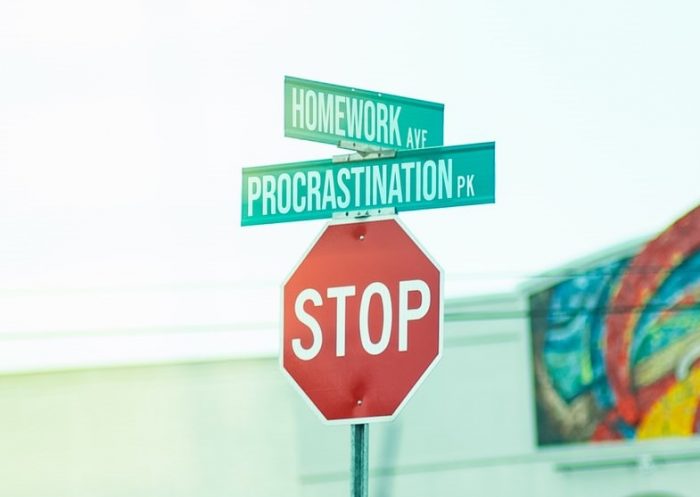Last week, I woke up on the wrong side of the bed one day and the last thing I wanted to do was my online yoga class. I just wanted to stay in bed and wallow. I had my list of excuses at the ready. We are living in uncertain times, I am allowed to feel wobbly and be unproductive and on it went. Have you ever felt like that? We all have to things we have to do that we don’t want to do like:
- Exercise
- Write article
- Study for exams
- Do the housework
- Meditate
Sometimes you wake up the morning and all these things that you have been putting off come crowding in and it can be quite debilitating and overwhelming. But we still procrastinate. What is most galling is that after weeks of procrastinating, when you finally do it, you find that it was never as difficult, time consuming or as bad as you thought it was going to be. In a study in 2012 it was found that procrastinators have high stress levels and low self-compassion. So here are some tips to lower your stress levels and help you to be a bit more compassionate to yourself:
- Give yourself permission to stop at any time
Most of the time, the hardest thing is starting the task. Last week when I didn’t want to do my yoga class, my excuse was that I was feeling tired and didn’t have enough energy. When I am feeling like that, the one thing that cuts through my excuses is the permission to start, but stop whenever I want if I feel it is too much. That is, I don’t have to carry it through to the end. This takes the pressure off how I am feeling or whether I have enough energy to finish or not. The good news is that once I start, I rarely ever give up unless I am genuinely unwell.
- Break it up into bitesize chunks
Any task can seem intimidating if you are looking at it in its totality. Sometimes just figuring out how to start can keep you immobilised for weeks. Do yourself a favour and break it up into manageable chunks. If it is an essay you have to write for example, break it up into bullet points and then you can expand on them and before you know it you have an essay.
- Start small
Once you have broken it down into the manageable bitesize chunks, start small and start with the easiest and favourite bits. There is no point in starting with your least favourite part and wearing yourself out emotionally before you have even got the chance to get going. Starting with the easy bits first gains some positive emotional highs to help fuel you through the difficult bits. When it comes to how you feel, a win is a win and it doesn’t matter whether you won on the hard bit or the easy bit, you still feel good just by finishing something. So start with the easy win and start amassing your highs.
- Allow yourself to do it badly
Another thing that can stop you from ever starting is thinking you have to do it right and it has to be perfect. You could be there forever just thinking of the perfect beginning, never mind the ending, and never starting anything. So, give yourself permission to do a bad job. Yes, you read it right. Give yourself permission to do it badly. Just do it and then once done, you can switch to continuous improvement. It is easy to improve something than to improve nothing. Sometimes, particularly when it comes to writing for example, a bad first draft is almost mandatory to get the creative juices flowing.
- Use placeholders for the difficult parts of a task
Every task has got easy bits and not so easy bits. Once you have your bitesize chunks and you are working your way through it, you will inevitably come across difficult parts that you are not so keen on or requires more digging. Feel free to park that and put a placeholder there and move onto the parts that you feel like tackling. Once you have been through the whole task, releasing emotional highs as you go along, when you look back and see how much you have achieved, you will be in the psychological space to tackle the more demanding aspects.
There you go, you can now go and tackle those tasks you have been procrastinating about. By the way, about my online yoga class that I didn’t want to do last week, once I told myself I could stop whenever I wanted and didn’t have to stay for the whole class, I somehow found the energy to drag myself out of bed. Surprise, surprise, I stayed for the whole class. The best bit was I got the endorphin high you get from any exercise, not to mention the emotional achievement of doing something I didn’t want to do which meant I breezed through the rest of the my day full of energy.
Originally published on Thrive Global











Read 0 comments and reply